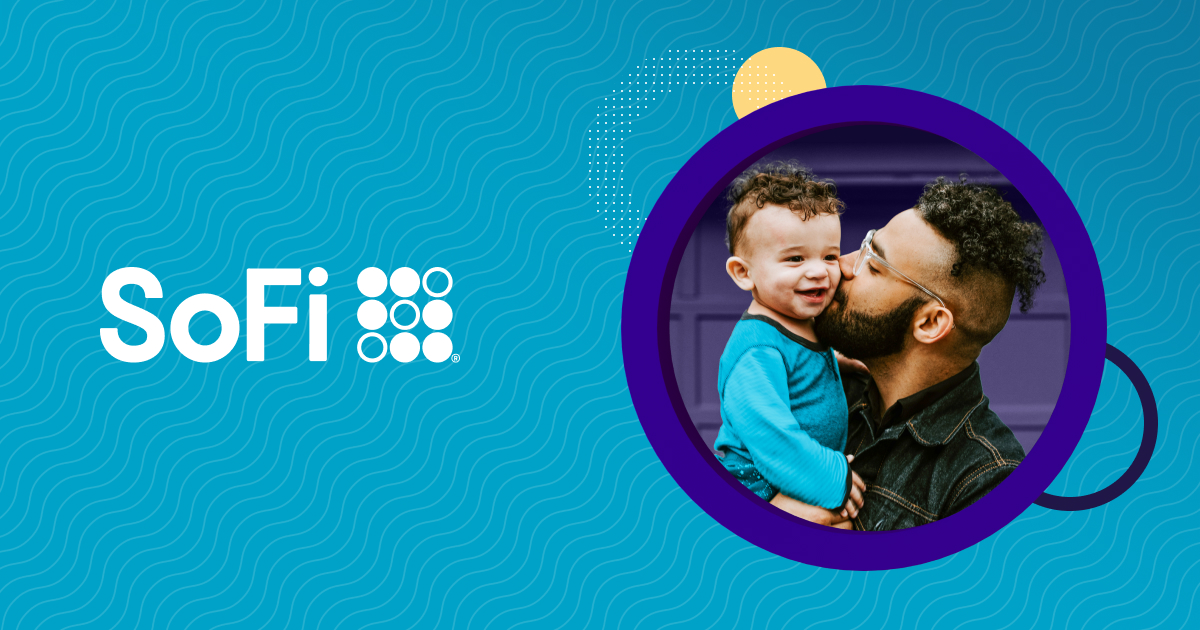Embarking on the journey to owning your dream home is an exhilarating experience, but one that often comes with a maze of financial considerations, particularly when it comes to qualifying for a home loan. Understanding the basics of mortgage qualification is crucial in navigating through this process smoothly. Generally, a mortgage lender will assess your financial health based on a few key factors: your income, your debt-to-income ratio, your credit score, and your down payment. Each of these components plays a pivotal role in determining not just if you qualify for a loan, but also how favorable the terms of the loan can be.
Income stability and reliability are paramount, as they assure lenders of your capability to meet monthly payments. Your debt-to-income (DTI) ratio, which compares your monthly debt payments to your monthly gross income, gives lenders insight into how much of your income is already spoken for. A lower DTI can improve your loan eligibility. Simultaneously, a good credit score can act as testimony to your financial responsibility, potentially leading to more advantageous loan terms. Lastly, the size of your down payment can affect both your interest rate and the necessity for mortgage insurance, impacting the overall cost of your loan.

- Understanding the key steps to qualify for a mortgage. Source: @SoFi – sofi.com
Knowing the landscape of available home loans will further clear the path to picking the one that fits your needs. Getting acquainted with different types of loans—conventional, FHA, VA, USDA, and jumbo loans—allows you to understand the varied requirements attached to each. For instance, conventional loans might suit those with stronger credit histories, whereas government-backed options like FHA loans can be more lenient in terms of credit scores and down payments. Additionally, each loan type comes with its own set of rules regarding the residence type they cover, be it primary, investment, or secondary homes.
Choosing the right loan will depend not only on your financial health but also on your long-term housing plans and preferences. For example, those eligible for VA loans can benefit from no down payment requirements, but the property must be a primary residence. Similarly, USDA loans offer tremendous benefits for those looking to live in rural areas. Recognizing the spectrum of loan products ensures you’re selecting one that aligns with both your financial position and housing goals, making your home buying journey both fulfilling and financially prudent.

- Exploring FHA loans as an option for many homebuyers. Source: @SoFi – sofi.com
A comprehensive bundle of financial documents will be your ticket to navigating the mortgage qualification process. Gathering these documents ahead of time can significantly streamline your application process. Key documents include tax returns, W-2s, pay stubs, bank statements, and any paperwork pertaining to additional income streams or financial assets. This preparation showcases your financial stability and responsibility, making the case that you’re a low-risk borrower. Lenders will sift through these documents to gauge your earnings stability, saving habits, and overall financial management skills.
However, it’s more than just assembling documents. Organize them in a way that’s easy to understand and access. Beginning this preparation early in your home search can afford you the agility to act swiftly once you find your desired home. Most importantly, this step underscores your earnestness about purchasing a home and can make you stand out in competitive housing markets or negotiation discussions. Being document-ready doesn’t just ease the lender’s job—it speeds up your journey to getting those house keys.

- Preparing for extra costs: Understanding private mortgage insurance. Source: @credible – credible.com
Evaluating your financial standing is perhaps the most introspective phase of the home buying process. It’s a comprehensive look at where you stand financially, beyond just income numbers or credit scores. A solid grasp of your income streams and their longevity is just the start. Equally crucial is assessing your existing debt obligations and how they align with your prospective mortgage payments. Lenders will meticulously examine your DTI ratio, as it’s a direct indicator of how much mortgage you can comfortably afford without overstressing your finances.
A thorough examination of your credit score rounds out this evaluation, acting as a mirror reflecting your past financial behaviors and decisions. High credit scores can unlock doors to better rates and terms, making it worthwhile to address any inaccuracies or areas for improvement in your credit report. Furthermore, reviewing your savings and investment accounts provides insight into your financial resilience, highlighting the buffer you have to accommodate unforeseen expenses. By understanding your financial position comprehensively, you can set realistic goals for your home purchase and select a mortgage that doesn’t just get you a home, but also aligns with your long-term financial wellness.






